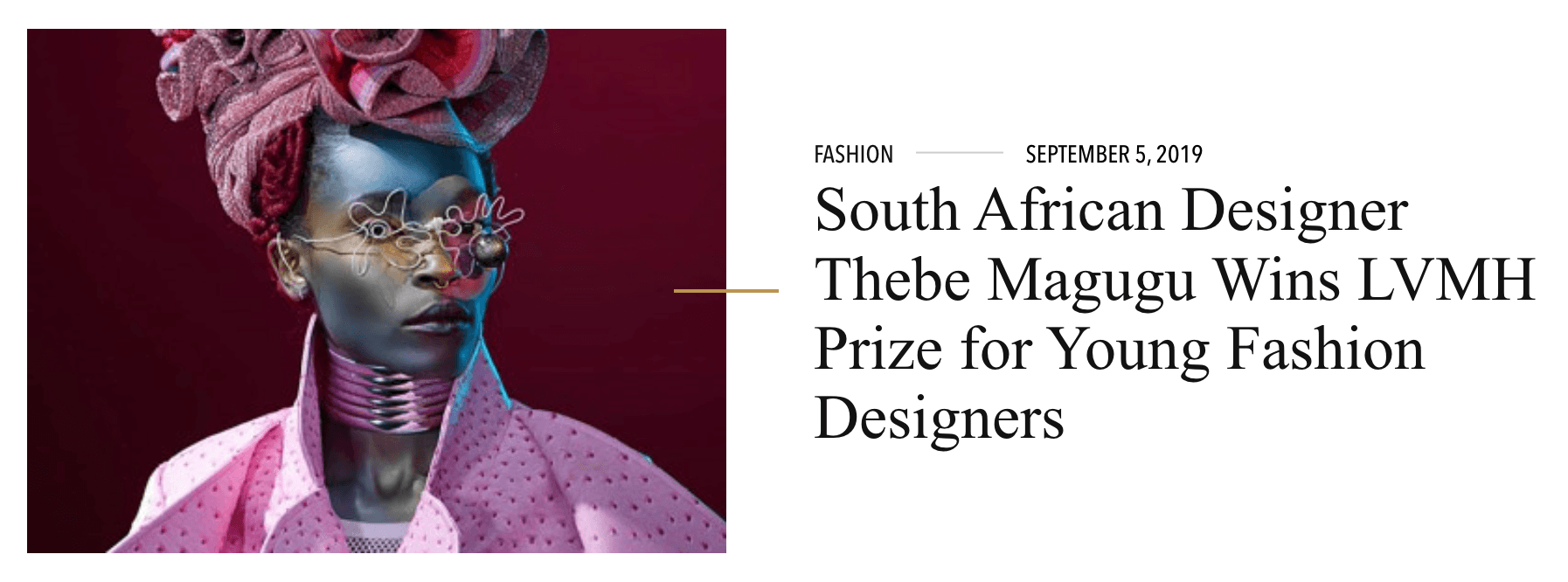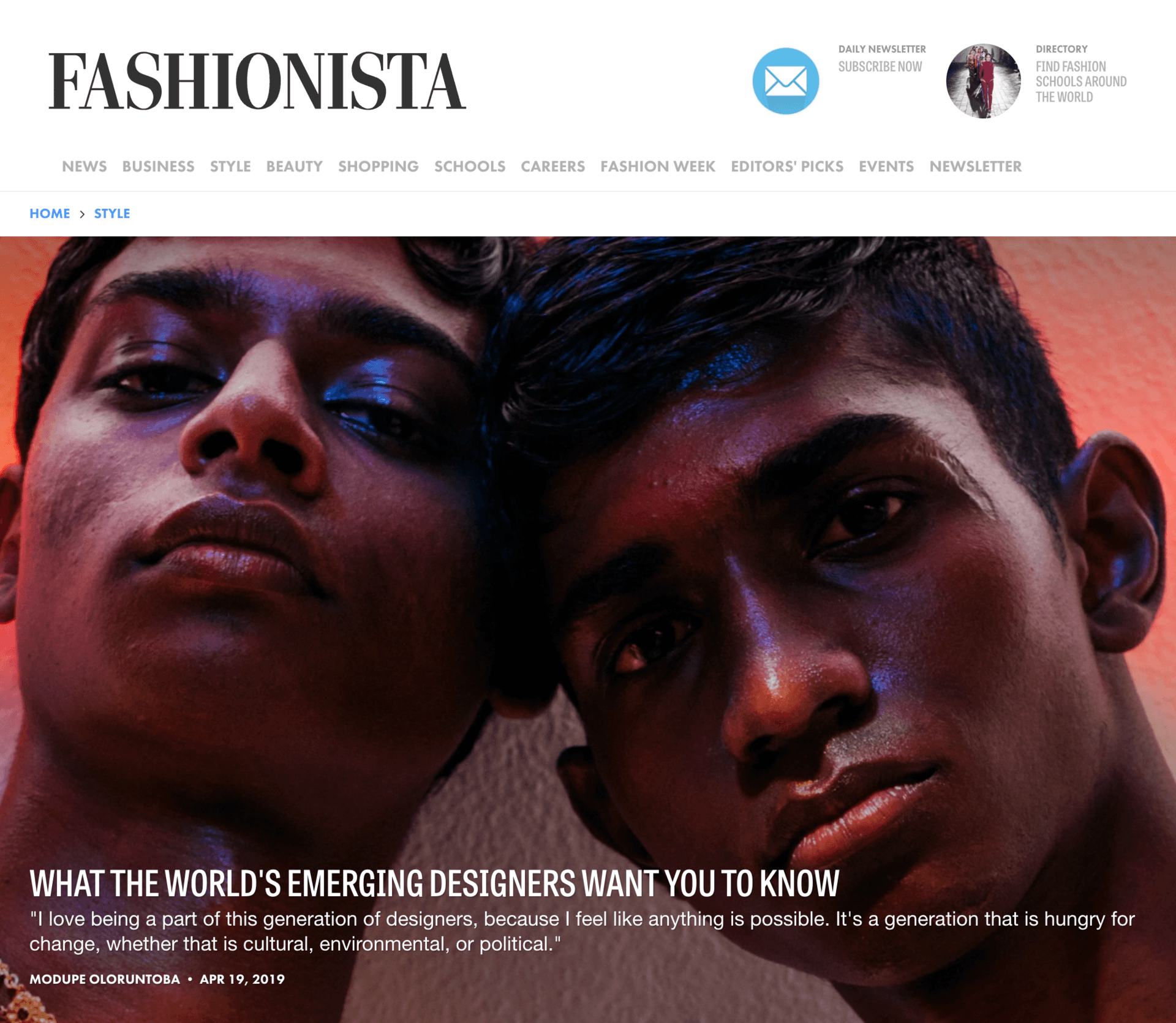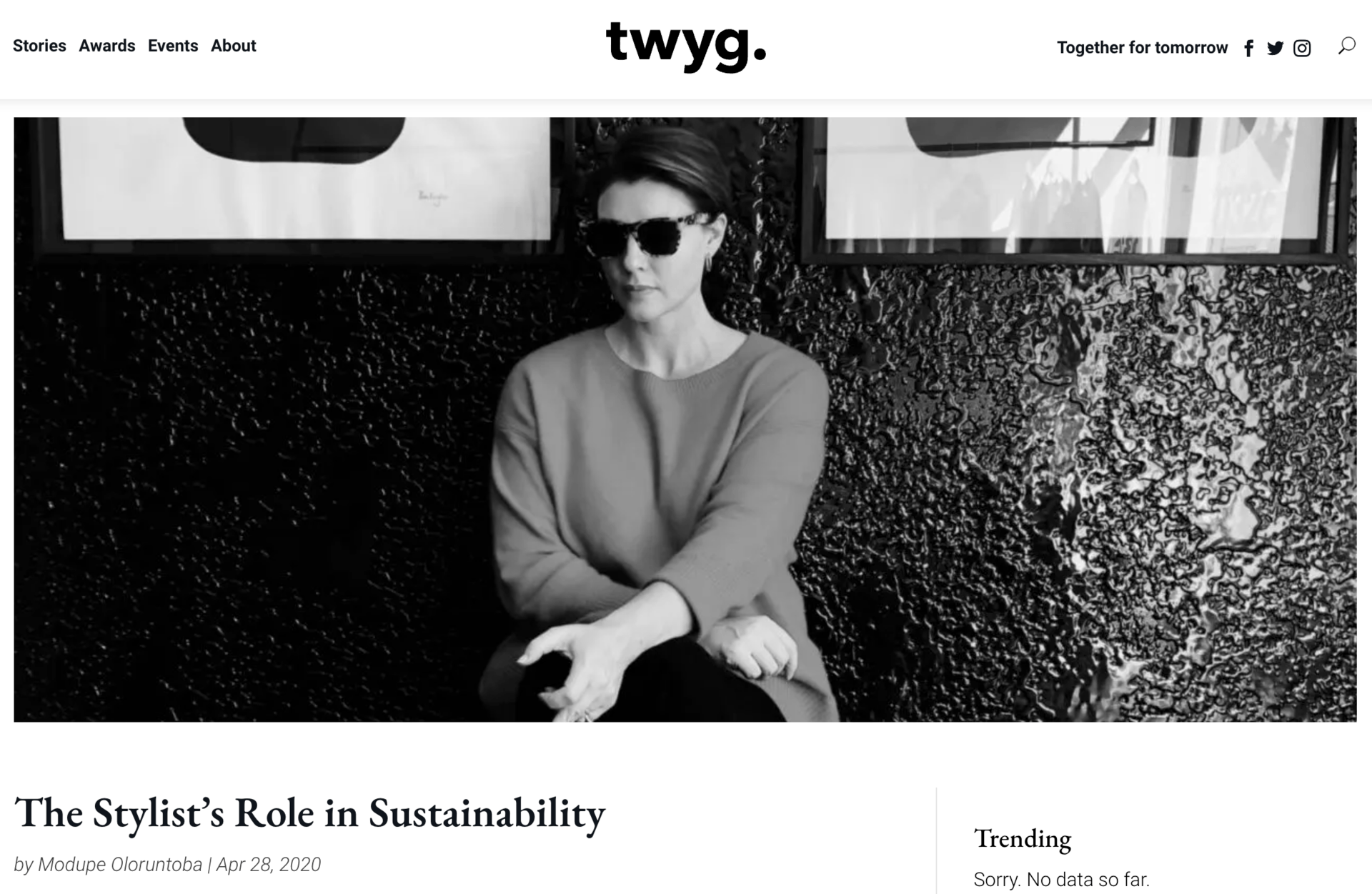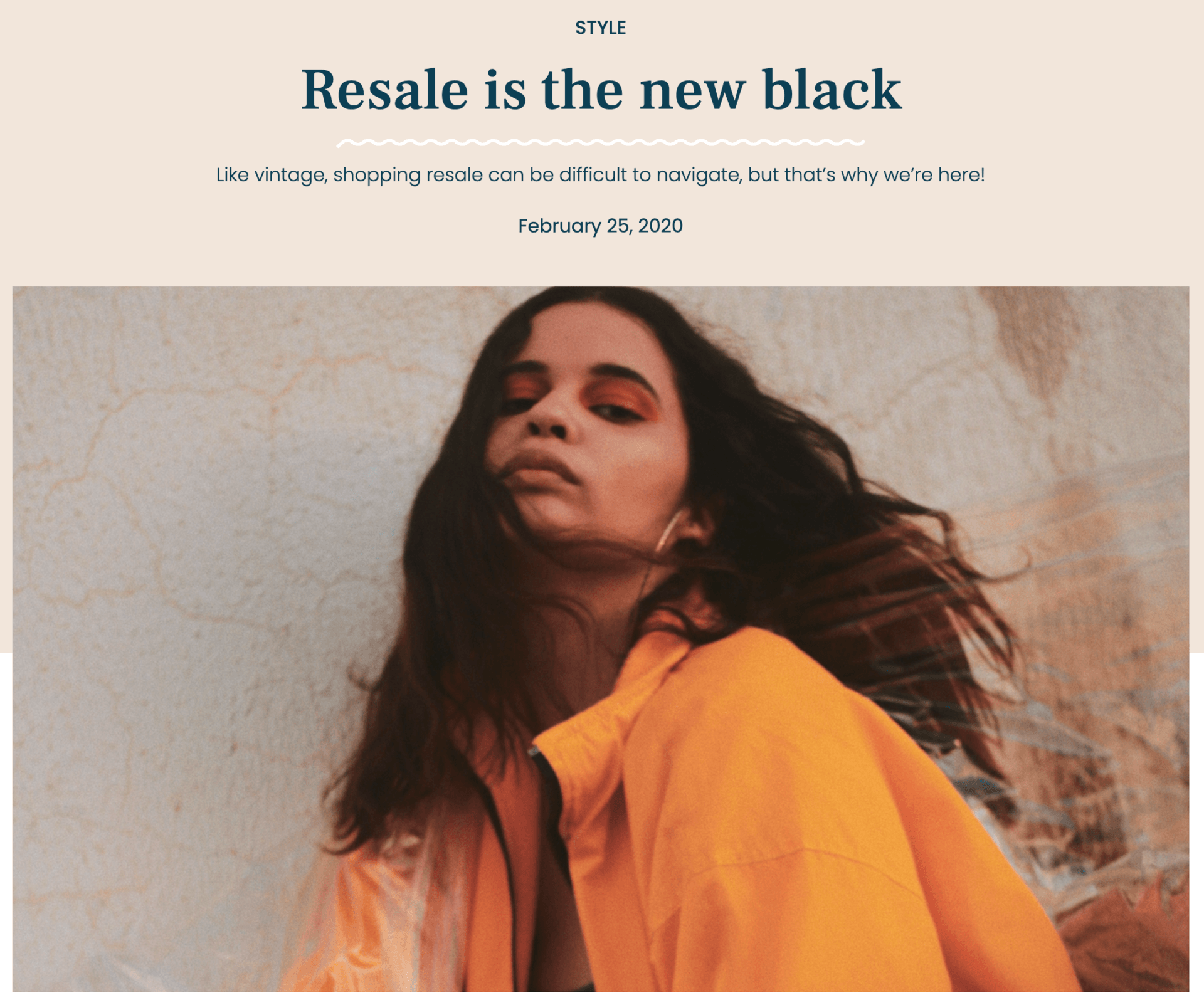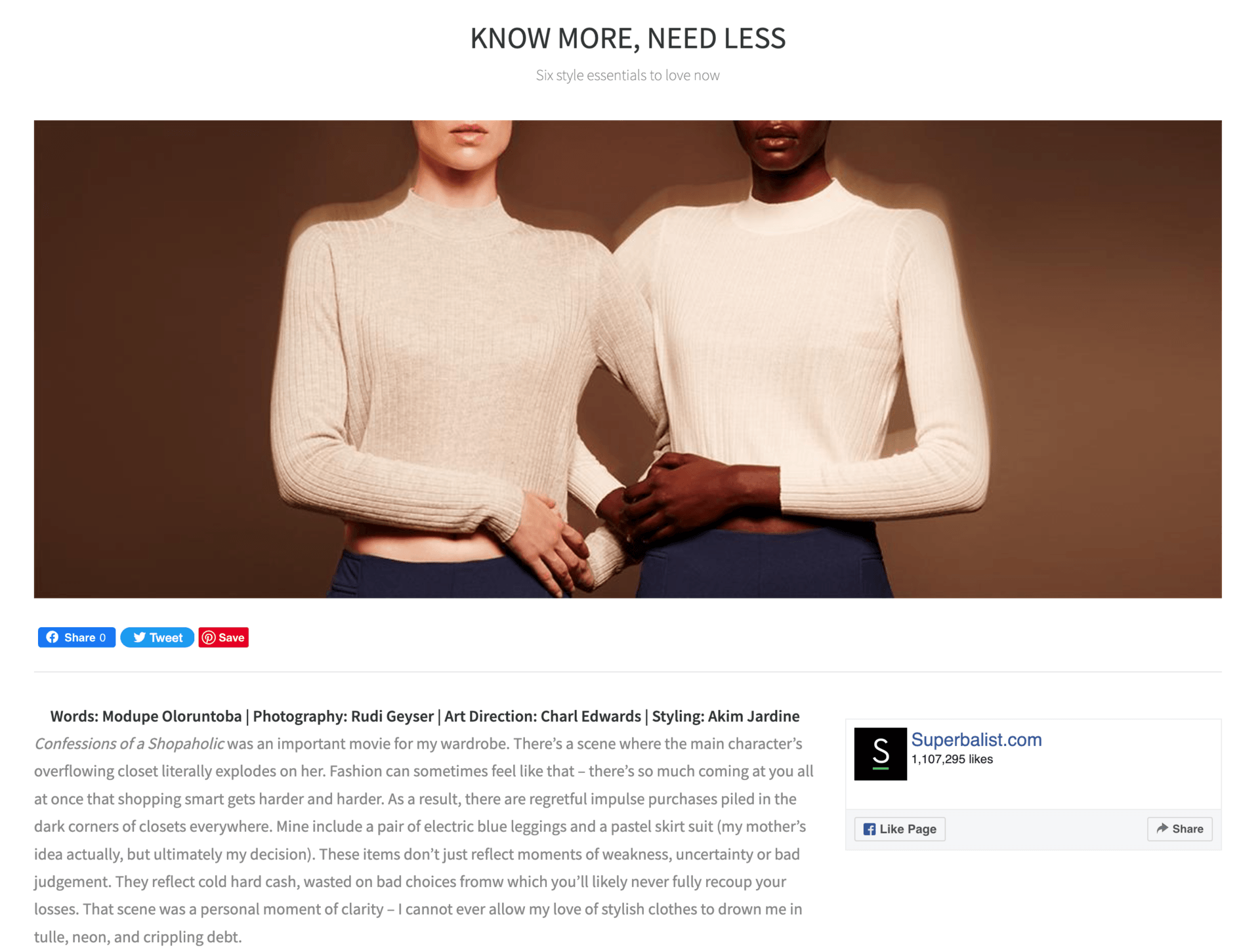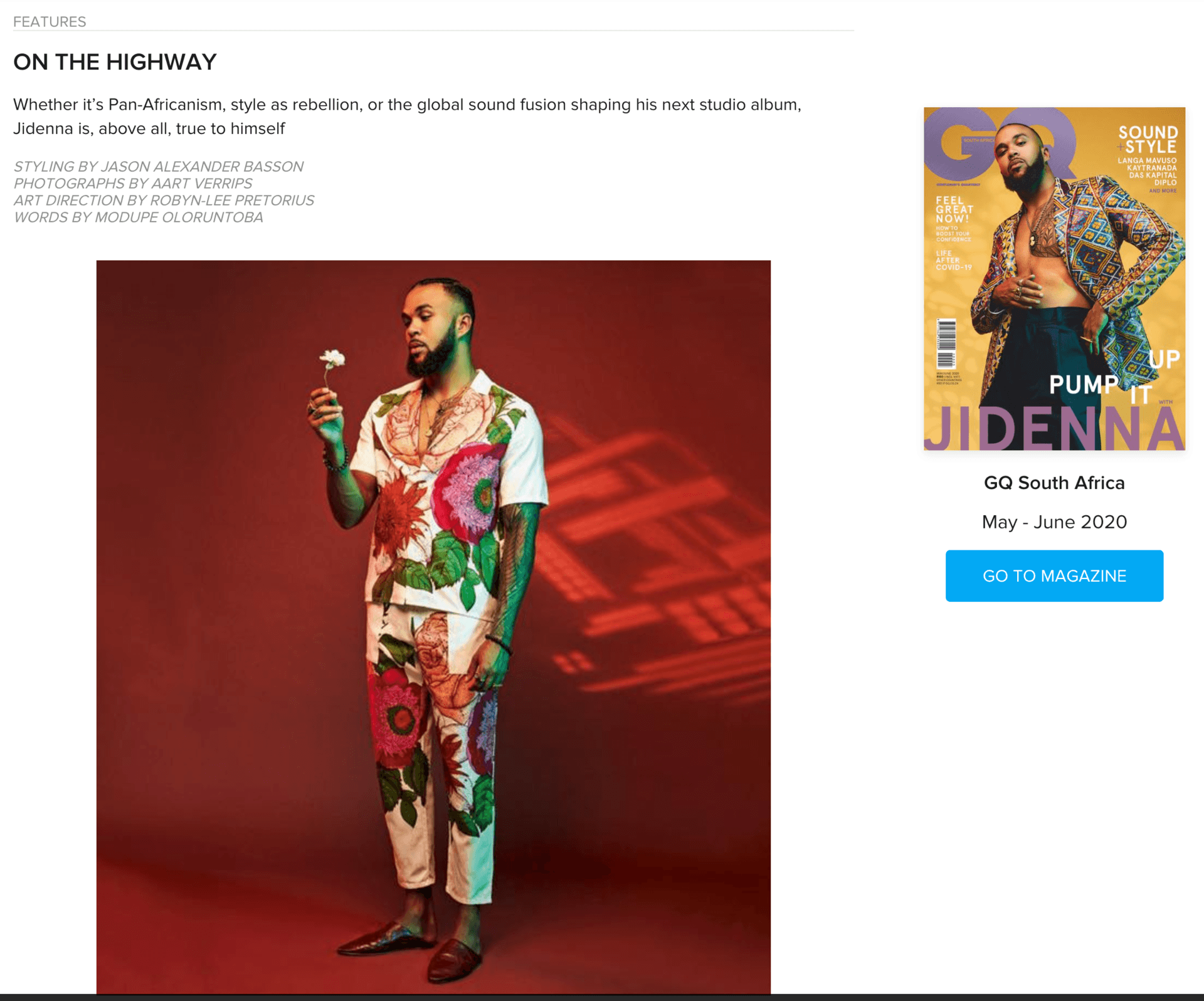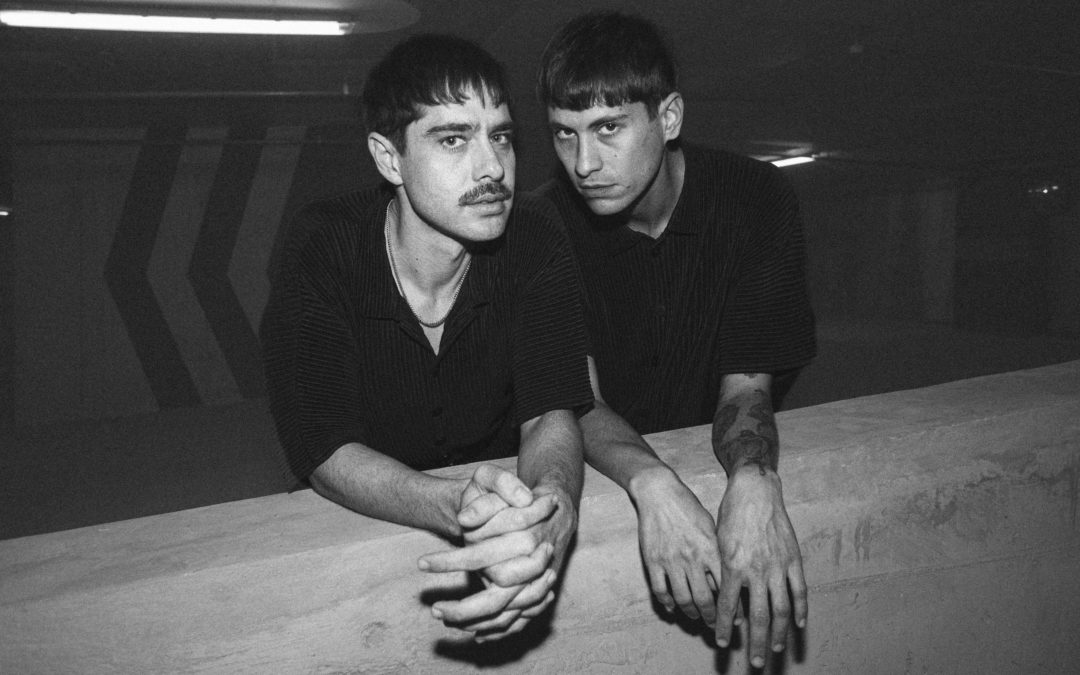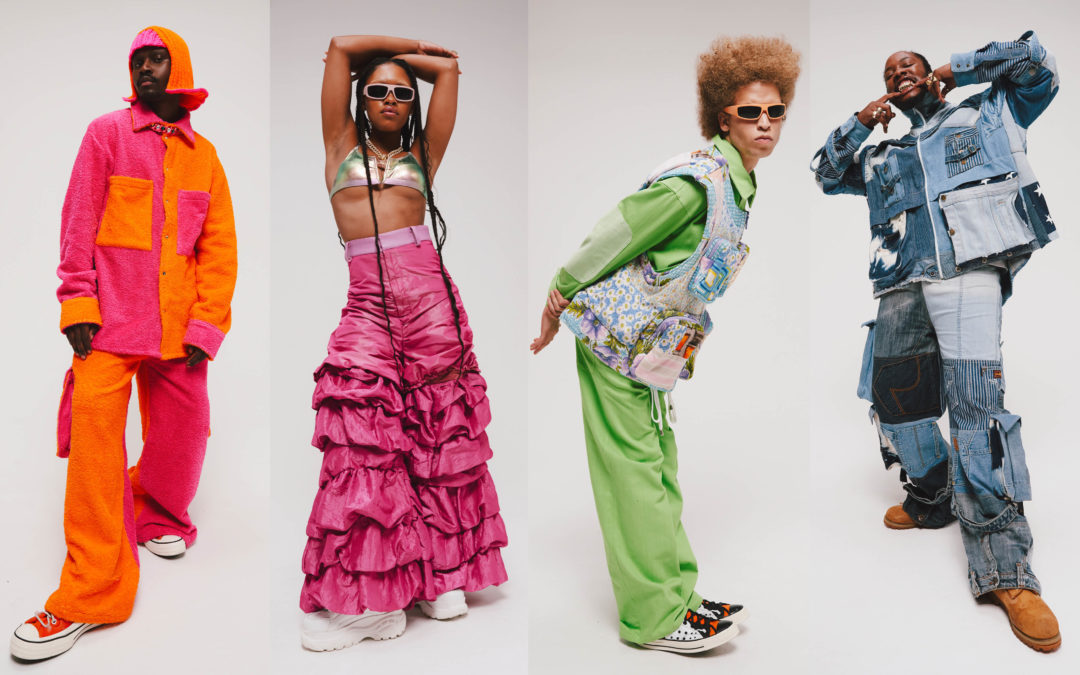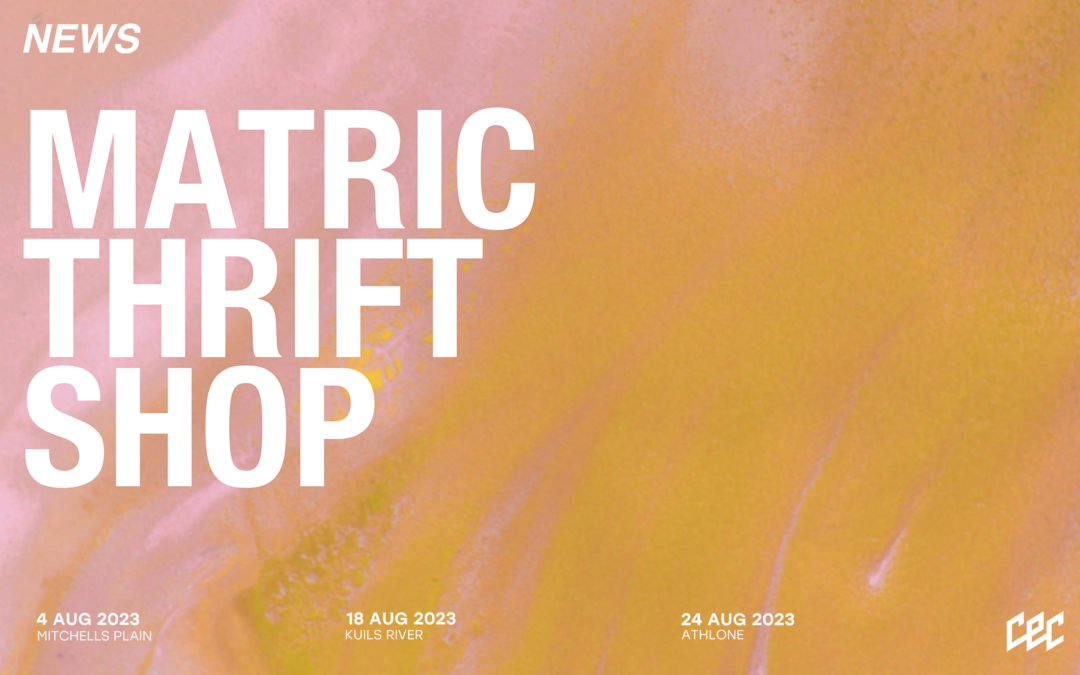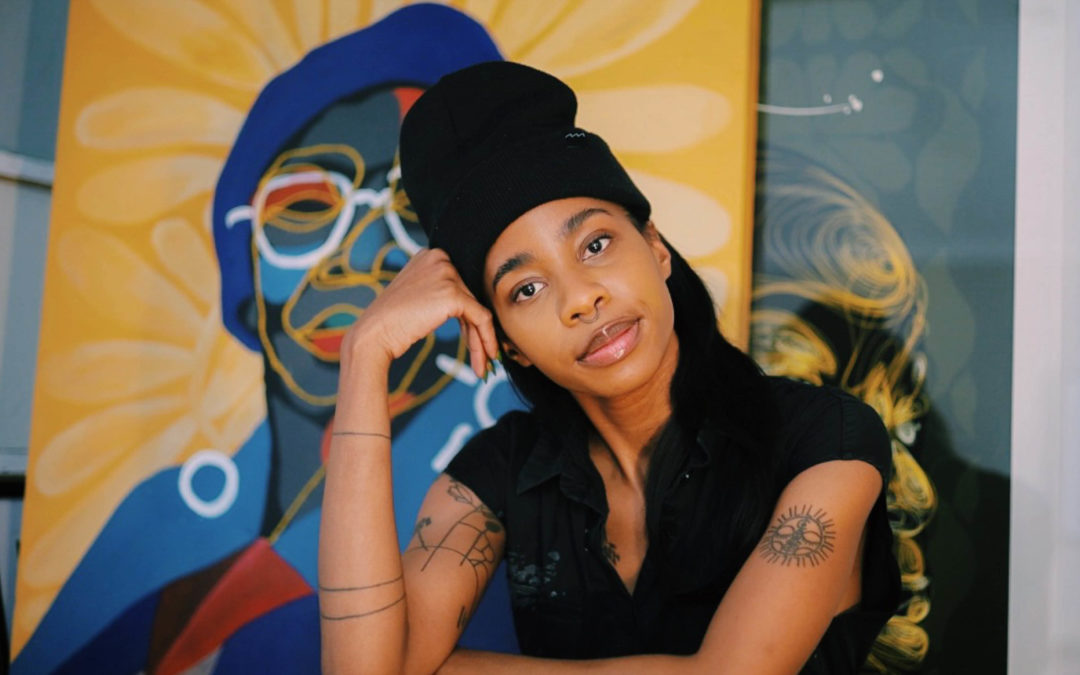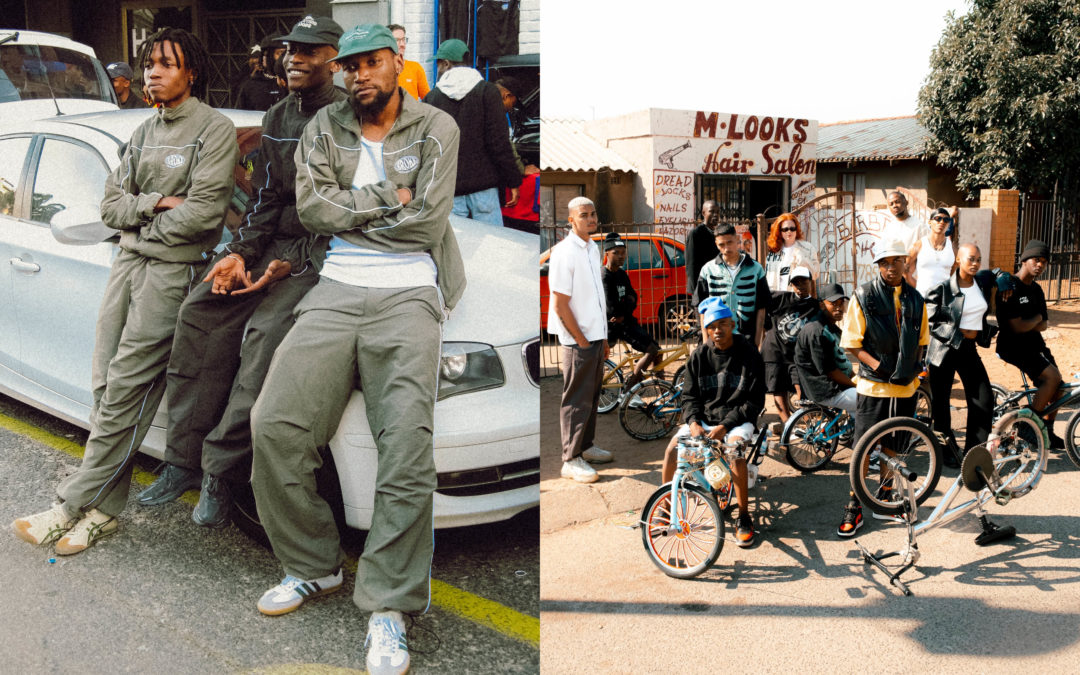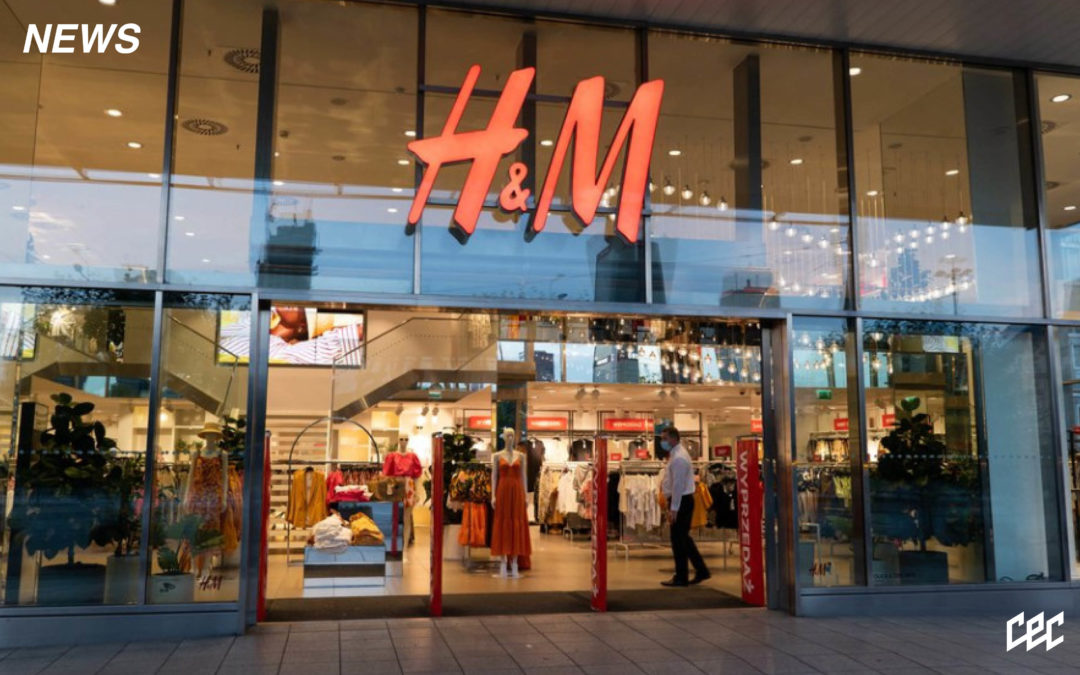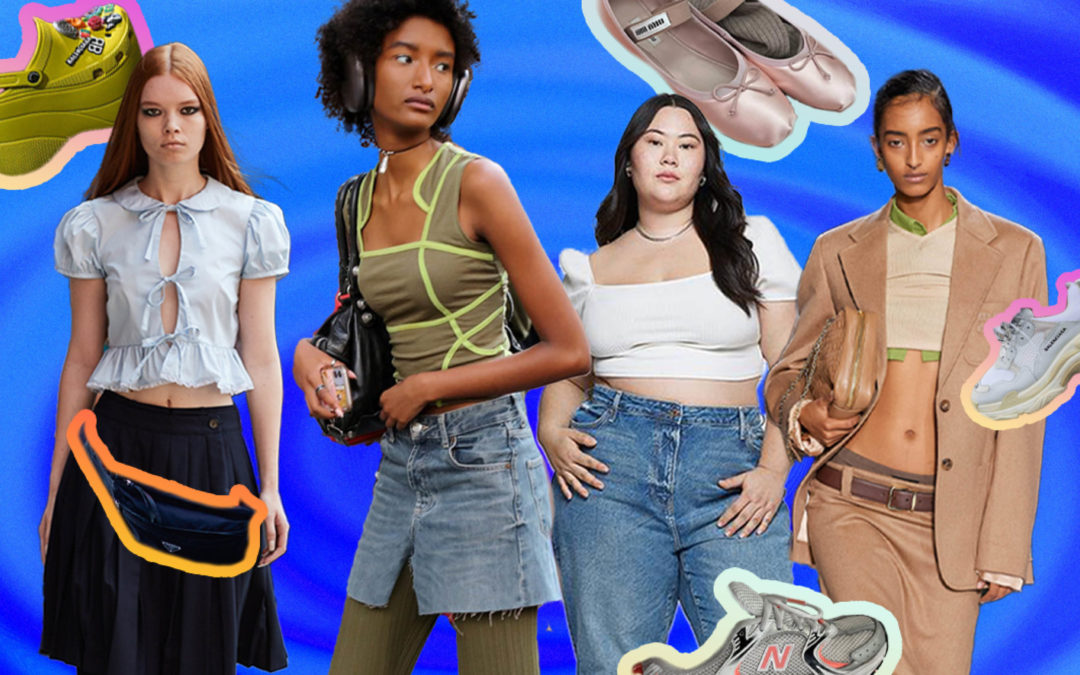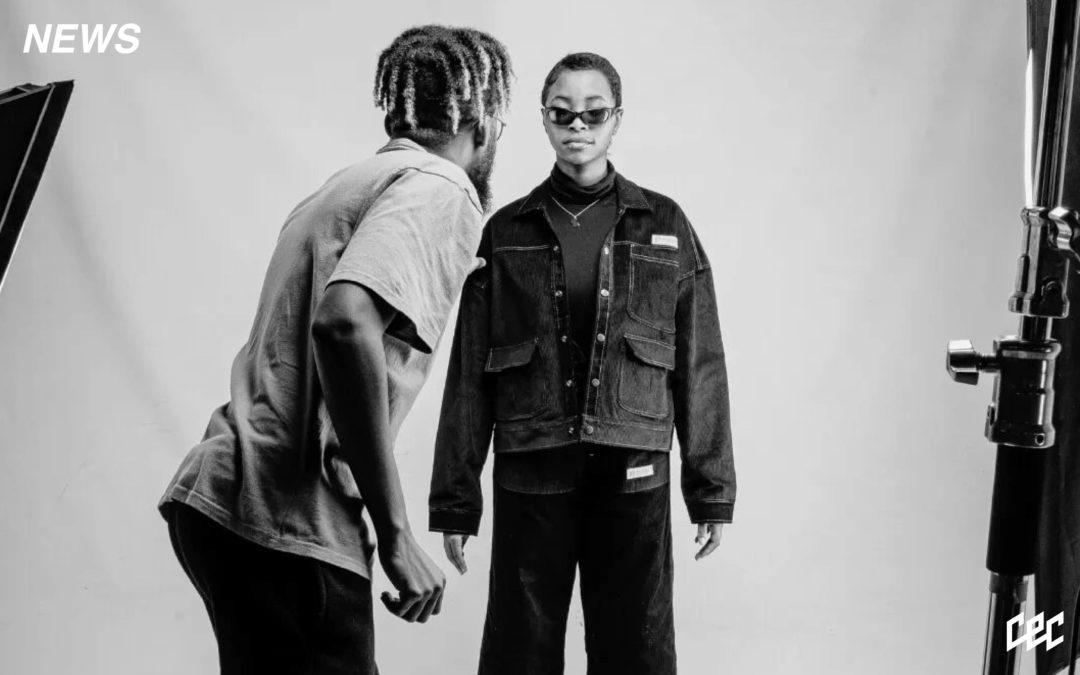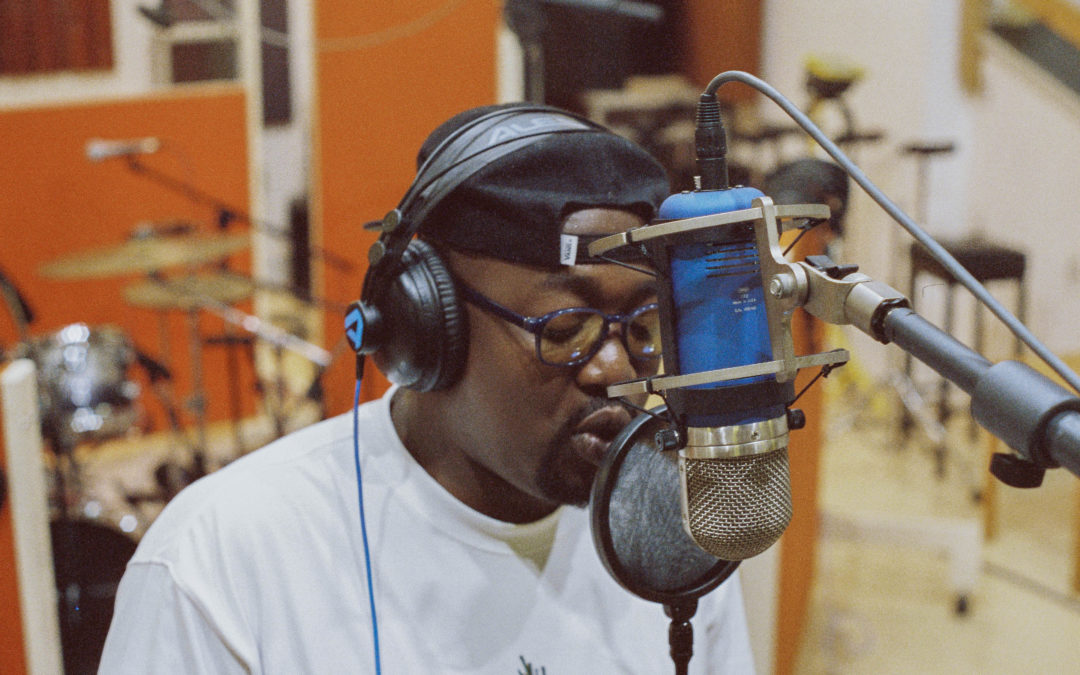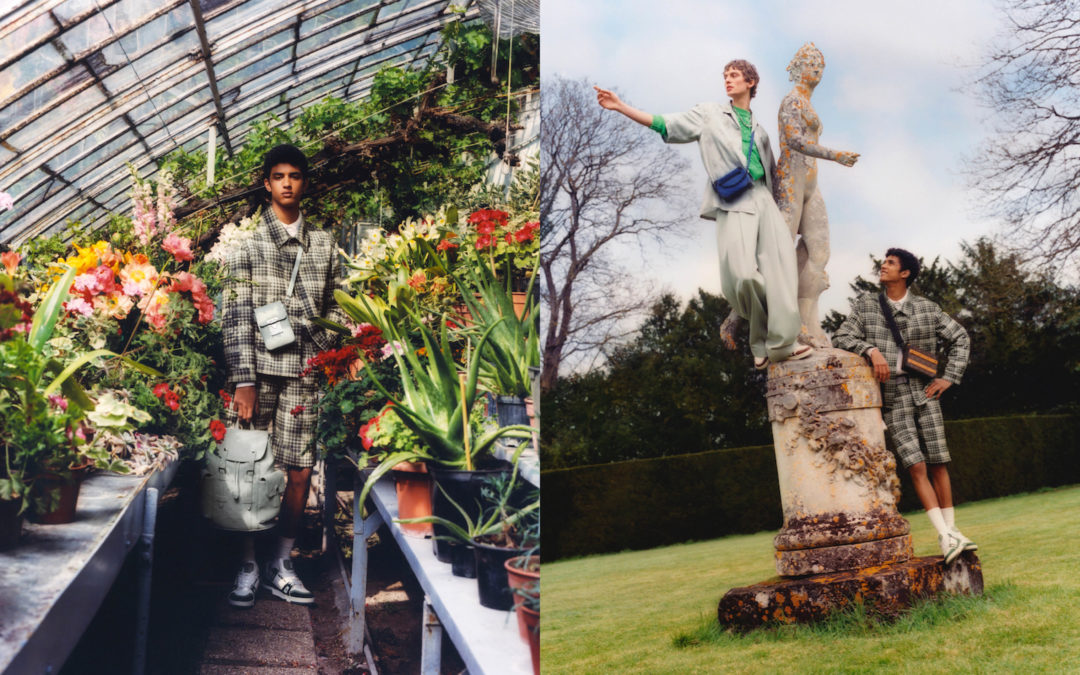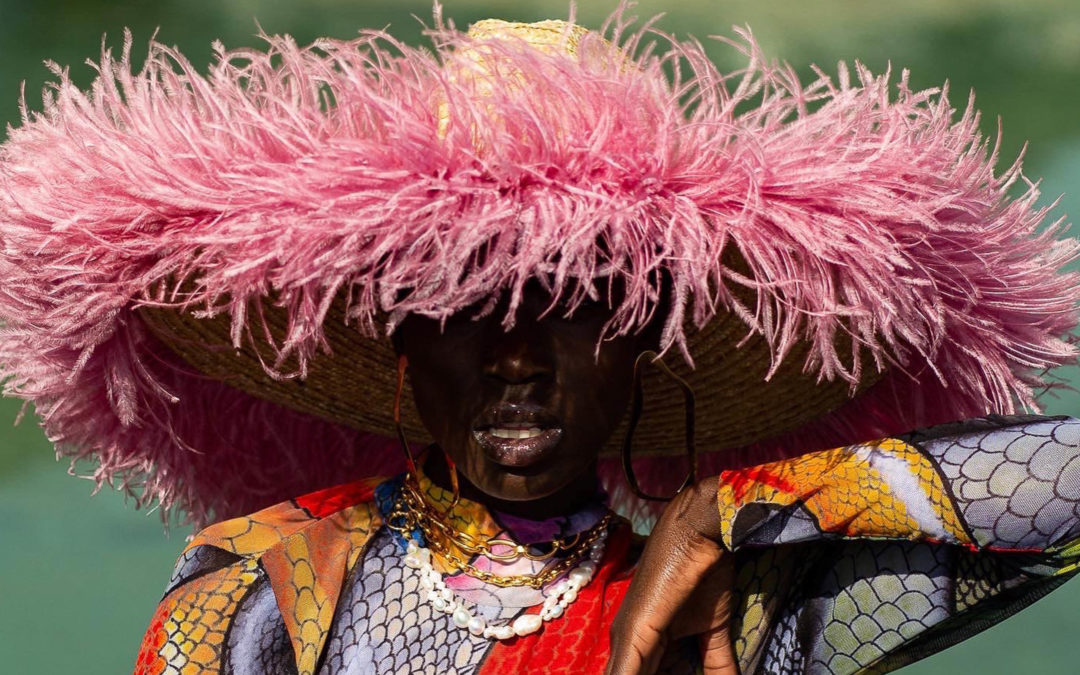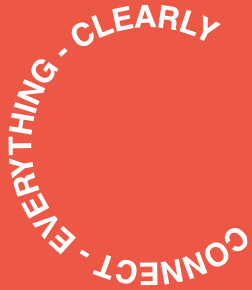It’s rare to read interviews with writers as it is usually our role to be the interviewers and conversation holders. Something I reinforce in my own practice and periphery to the fashion industry is to always inquire about the people, teams and voices that weave together the web of these systems; and what can we learn or understand about how a space like fashion is shaped, communicated and understood – and thus formed into the cultural landscape that it represents. For this reason, having Modupe Olortuntoba on CEC for a conversation about her nearly decade long career as a fashion writer, editor and consultant is a personal one – particularly the experience of finding one’s niche in communication, when so much of the industry signalling relates to design as the pathway to creating in sartorial expression. Fashion publishing and media in South Africa has taken a huge knock in recent years, with many spaces closing completely and writers having to rebrand as copywriters or digital story-tellers; and while this conversation is not about a preference for print, it is most certainly a testament to the deep sense of curiosity, analysis and description that the writers bring to the industry.
‘’I studied fashion design at CPUT and developed a complicated relationship with fashion design. I started to lean into media at the time, I think in some ways to maintain a closeness with why I was doing what I was doing – reminding myself of what brought me to the place of studying fashion. I was really into Style.com and their work at that time, and Business of Fashion – and when graduation came up, I was feeling really unsure about design and really excited about media – I decided that was going to be my plan. Build up contacts, work at glossy magazines and then perhaps go back to design. Content has stuck, though. I found my lane and the medium I had a lot to say about; I felt like I could fully embrace this tool. Writing about fashion, rather than producing it, has never wavered in the last eight and a half years.” Modupe says, striking a resonance with my own experience of dropping out of fashion school in my early twenties; my inability to draw, remain focused, and mixed with a myriad of other personal reasons led me to find another way to relate to this deep sense of passion I had for fashion and design. Fashion education in South Africa is heavily focused on producing designers; and not everyone is meant to design, and very few tend to “make it” in that way (a story for another day), and it’s a conversation I’ve had many times with various people about this idea of education for developing a career in fashion; ‘’I was an AFI (African Fashion International) intern for fashion week at the very beginning of my studies and career. That week was pivotal for me, because I was exposed to the rest of this whole world; I was able to see the many hands that go into what we receive as “fashion”. The whole system really fascinates me, and I don’t think fashion education serves the system too well – but it’s a double-edged sword. With so little to “study” about fashion here in South Africa, a vast amount of people come into the industry with varying perspectives and disciplines that they’ve studied. I mean, some of the world’s best fashion designers were never trained in a traditional fashion schooling system. So you get this very interesting mix of people who find their way to fashion, and I’m not sure you’d get that if there was a fashion-focused way to learn everything that can be done within the ecosystem. On the other hand, I think it makes it very difficult for young people to know where to begin. I hope we see more variation and options for what is available to people wanting to study.”
Defining “education” in this context is important, particularly regarding the inaccessibility for many to formally study – with designers like Lukhanyo Mdingi speaking to us earlier this year about his emphasis on mentorship – on this, Modupe says “I would love to see a return to apprenticeship. For all we say about schools, many who do study fashion end up graduating and have nowhere to be entry level. Nowhere to learn from the ground up. I think our understanding of education as a broader term for developing and refining skills is a more robust way to view it – I just came from Rich Mnisi’s office, and he has an assistant / intern – and it’s great to see contemporary brands being able to hire and foster young people. I would love to see a wider spread return to prioritising development.”
In November 2021, I attended Rewoven’s incredible indaba Future of Fashion – a yearly exploration of African sustainability and circularity. During one of the talks, I was struck by Modupe’s question to panel – and her articulation of a conversation I hadn’t heard anyone ask about the business of fashion in South Africa, and how can brands be transparent as a guiding road-map for what it takes to build both a creatively and financial healthy label or enterprise; the business of fashion, truly, and the financial acumen it requires. ‘’I think there’s this idea that creative people don’t have to mind themselves with business, yet these are functions that are central to running a business. I wish it all would be about creativity – but it’s not, it’s about trade. Trade is maths. We are in a great time for it, too – there’s short courses in abundance. I’m very curious in talking to designers as business-owners, right now – and the idea that we can shift the idea that creativity exists in a silo, independent of the economic structures we live in. I want to see more support for creatives, in general, to have their art live in the world that is valued in the way other industries value their own products.”
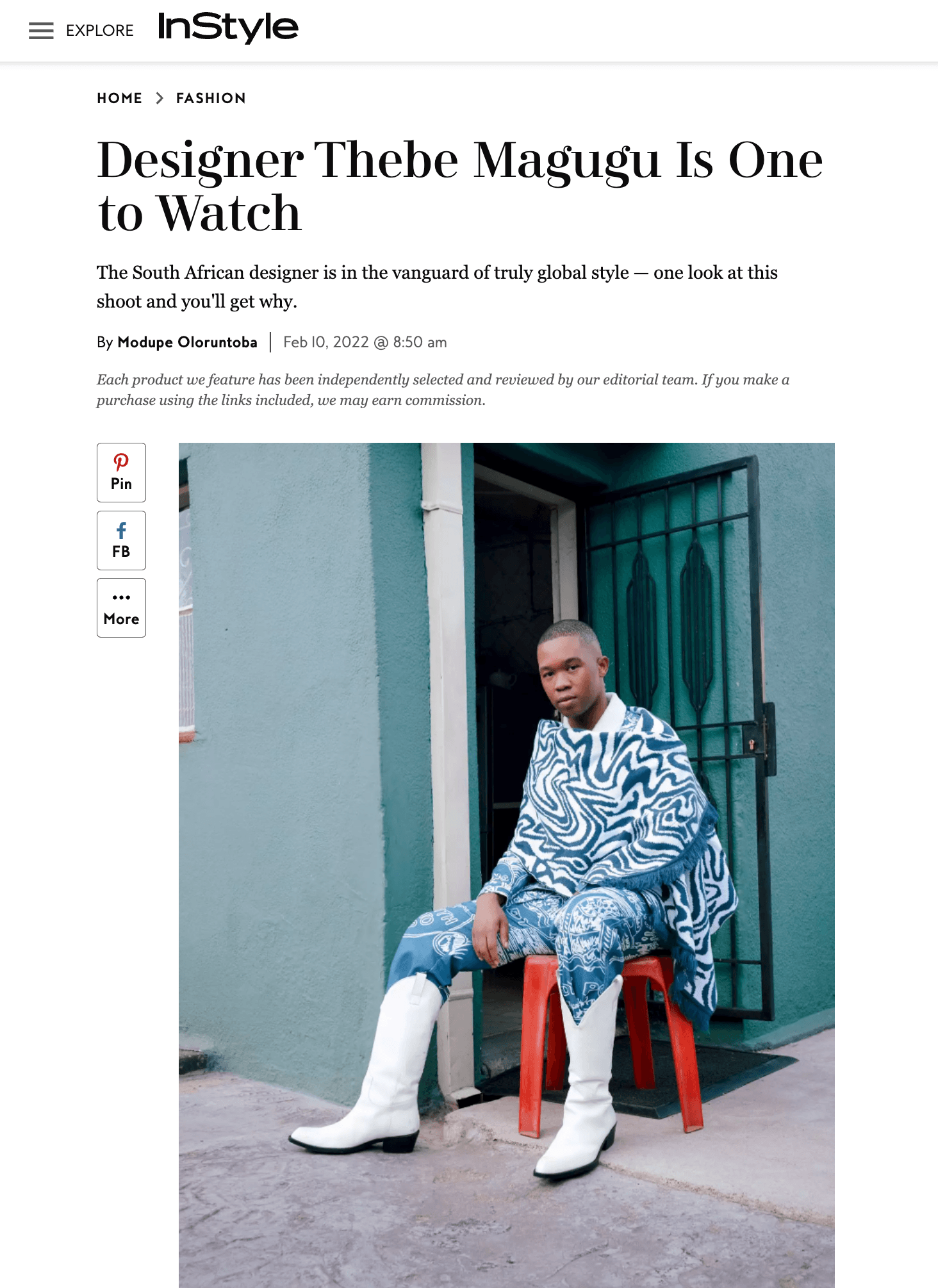
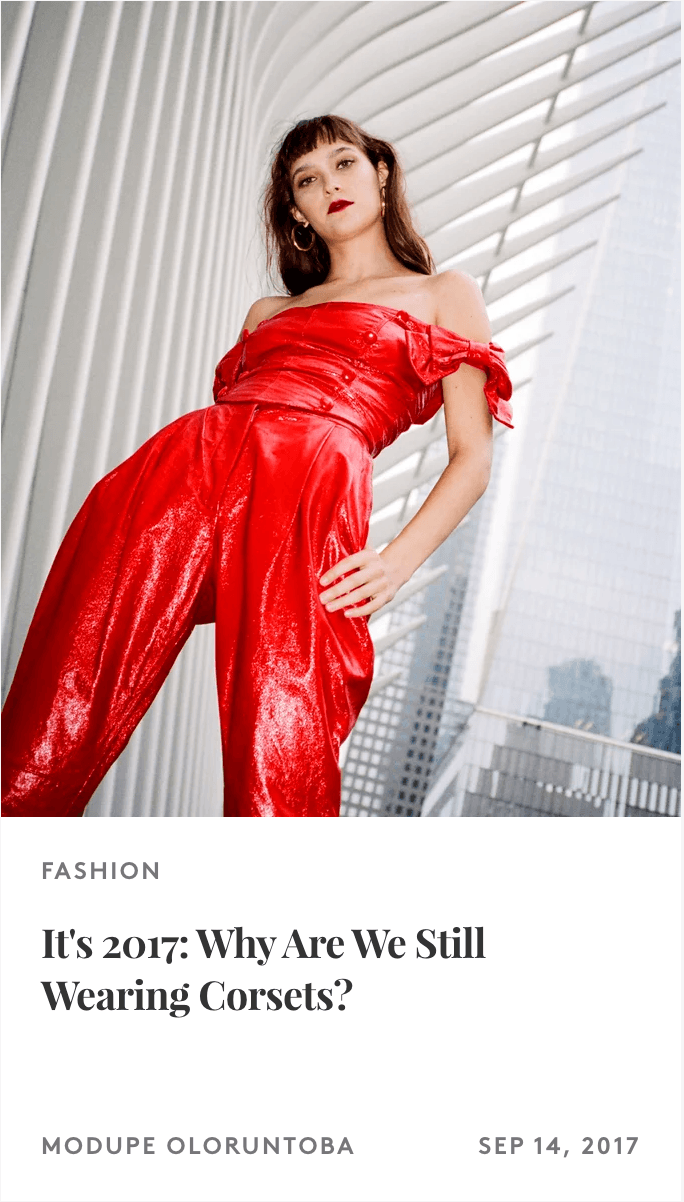
With the launch of African Fashion Weekly, Modupe’s newsletter is a space in which she explores these questions; focusing on a the markets of South Africa, Kenya and Nigeria as key points in the continent’s fashion industry, “I’m asking these kinds of questions for the first time, and the designers and other ecosystem players are answering them for the first time, and because we haven’t had this angle regularly covered, these questions about strategy and profit and hiring and funding seem really invasive. So along with training myself, my interview subjects aren’t huge listed corporations who legally have to share quarterly earnings reports, and I have to find a way to get these independent businesses on board with a similar level of transparency to make this a real value add for the industry.”
This is hugely important work; and Modupe is a voice that is so critical for nurturing the immense growth and spotlight we have seen in South African fashion, and the continent at large. A reminder that there is not only a space for everyone but rather a deep need for minds like Modupe who see so implicitly into the heart of our sartorial landscape.
Follow and subscribe to @africanfashionweekly to read more of Modupe’s work.
Written by: Holly Bell Beaton
